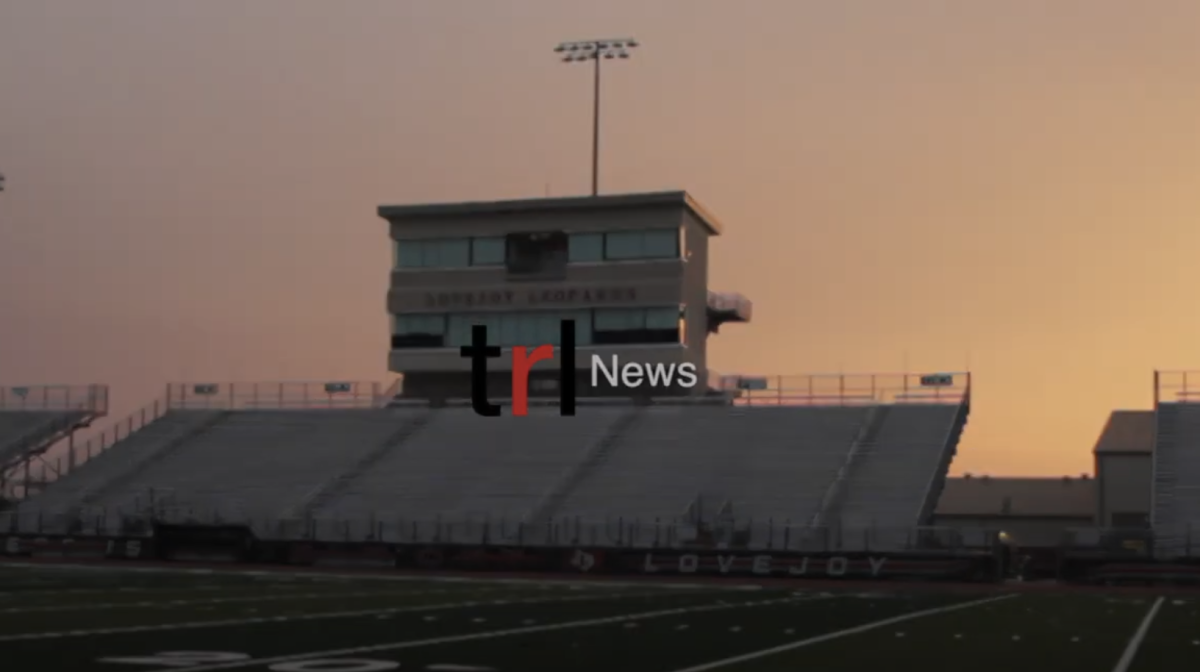Even though this school district is considered to be one of the more wealthy districts in the area, the school and the students have seen the effects of the recent state cuts to education funding. AP Exams are no longer subsidized and cost more for students to take, some classes have fewer textbooks than they need, teachers have been laid off, and other problems unseen by the general population have arisen. Because of this, a lawsuit was filed in October 2011, against the state of Texas.
In the first round of litigation, a judge ruled in favor of the schools, stating that the current system of funding was inadequate to support sufficient public school education and was unconstitutional. The state appealed this decision and the case will be heard in the spring of 2014 by the state Supreme Court.
“The Supreme Court will not render a decision until spring of 2014 and it is likely the Governor will call a special session at that point to revamp the school funding mechanism,” superintendent Ted Moore said.
Since this case will not be decided for at least another year, it is frustrating to many school districts in need of more funds. The Lovejoy ISD is among more than a hundred of other school districts, rich and poor, that believe more funds are needed to properly educate students and give them adequate tools for learning. The lack of funding is evident in this district, with the costs of maintaining an exemplary school rating and providing equally for students rising, while budget cuts are draining nearly 3 million dollars from the district budget.
“Lovejoy ISD has not had any per pupil increase in funding since 2006 even though many of our costs have increased,” Moore said.
While the effects of a smaller budget won’t bankrupt the school district, it has had a detrimental effect on the school experiences of some students.
“Since there really aren’t enough AP Government books for everyone, I had to wait a few days to get my book from an Economics student that hadn’t turned it in on time and I got behind on homework,” senior Anisha Srivastava said.
Until the Supreme Court of Texas makes a decision, schools will have to make do with their current budgets even though the funding plan was ruled unconstitutional in the first round of the case. Because it was appealed, no changes will come until the matter is settled by the Supreme Court.














